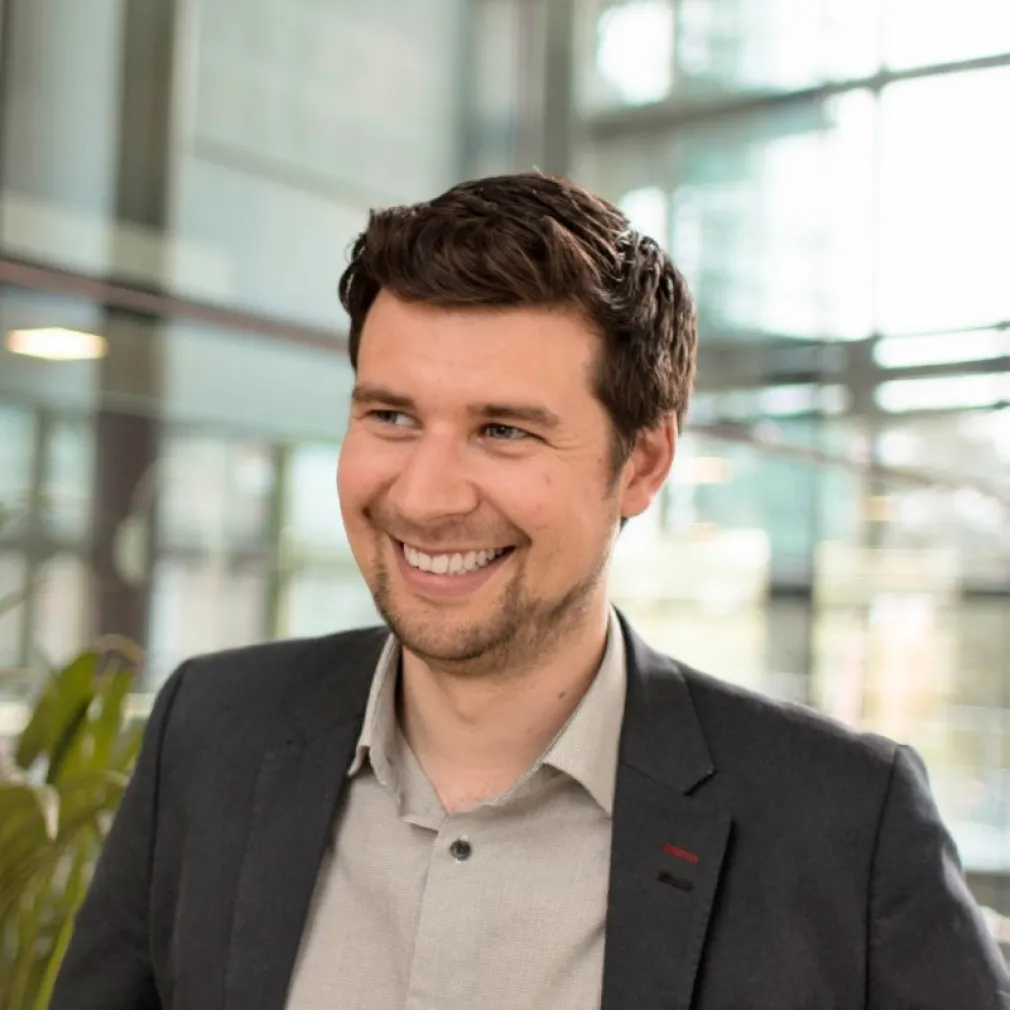REFLECT was developed by a team of entrepreneurship researchers from Durham University and Northumbria University. The team combines extensive experience in rural, social, and policy entrepreneurship in the UK and Latin America. This project is supported by the National Innovation Centre for Rural Enterprise (NICRE) and the Durham University Business School.





Christopher Storey is a Lecturer in Entrepreneurship at Northumbria University. His research interests include understanding entrepreneurial decision making under uncertainty, and how entrepreneurship can foster impactful rural development.
Prior to returning to the UK in 2018, Chris held positions at tertiary institutions in the UAE and Japan. In the UAE he taught and researched innovation and entrepreneurship and was instrumental in building research collaborations with the Economic Development and Human Resources Departments of Sharjah Government, which fed into policy changes designed to spur entrepreneurship. In Japan he worked in business communication and while at the University of Kitakyushu published peer-reviewed work in the area and in curriculum development. Chris also worked with Kitakyushu Foreign Trade Association delivering communication and strategy courses for local SMEs.

Pablo Munoz is a Professor in Entrepreneurship at Durham University Business School and a social scientist dedicated to conducting meaningful research, particularly at the intersection of human enterprise, social issues, and natural environments. With a focus on engaged scholarship, he explores how individuals and communities use entrepreneurial practices to overcome challenging circumstances and create better futures, as well as the concept of impact-in-process, integrating research impact into the core of social science research.
Pablo’s work has been published in leading management journals, including Journal of Business Venturing, Entrepreneurship Theory & Practice, California Management Review, Journal of Management Studies, Academy of Management Discoveries, and Academy of Management Perspectives. He has also published in innovation studies journals such as Research Policy and Technological Forecasting and Social Change, as well as in regional and environmental studies outlets like Business Strategy and the Environment, Organization & Environment, and Regional Studies. Additionally, he has authored several reports on research impact, social entrepreneurship, entrepreneurship and at-risk groups, impact investing, and enterprise and rural development. His research has been referenced in popular and specialized media, including Fast Company, Shareable, The Conversation, The European Business Review, The Telegraph, The Network for Business Sustainability, and America Economia.
At Durham, Pablo is the Co-Director of the Centre for Social Justice and Community Action (Sociology) and a former Co-Director of the Durham Enterprise Centre. Outside of Durham, he co-founded Mind Your Business and the Social Science Enterprise Lab, serves as Editor-in-Chief of Journal of Business Venturing Insights, and holds visiting positions at IE Business School in Spain and Universidad del Desarrollo in Chile.

Rodrigo Frias has 20 years of professional experience, with the last decade focused on entrepreneurship and innovation policies to support new firm creation. Before joining Durham University, he served as Deputy CEO of Start-Up Chile at the Chilean Economic Development Agency (CORFO), overseeing the world’s first public business accelerator, which supports over 200 start-ups annually with a budget of £7,000,000. He also led CORFO’s Early Investment Unit and managed a £10,000,000 annual budget to support 500 early-stage ventures.
Before CORFO, Rodrigo co-founded EPIC Lab at Pontificia Universidad Católica de Chile, focusing on measuring the impact of entrepreneurship and innovation policies through experimental methods like Randomised Control Trials (RCTs). The lab received grants from organizations such as NESTA UK and the Kauffman Foundation.
Rodrigo’s research at Durham University focuses on improving entrepreneurship policy by shifting from traditional content-based approaches to exploring the processes of policy framing and design. His work aims to identify challenges in policy formulation and develop actionable principles for effective policy-making. Using solution-oriented social science and design science methods, Rodrigo seeks to create practical tools and principles that translate theoretical knowledge into innovative policy solutions, fostering inclusive business development and innovation.
In 2020, Rodrigo was a global finalist for the British Council Impact Awards, and his team at CORFO was recognized for its response to the Covid-19 pandemic by creating a ventilator production programme within 48 hours. Rodrigo has published in the Journal of Business Venturing Insights and co-authored a book on productivity in Chile.

Jonathan Kimmitt is a Professor in Entrepreneurship at Durham University Business School, focused on understanding the role of entrepreneurship and small businesses in society and the economy. His primary research interests include social entrepreneurship, poverty, social investment, microfinance, and rural entrepreneurship at regional, national, and international levels. He also serves as the academic lead for Durham University Business School’s Smart & Scale initiative, which aims to support SMEs in the North East of England through rigorous research and new knowledge.
Jonathan is motivated by academic research that not only asks interesting questions but also provides practical value to businesses, policymakers, and students. He has published in journals such as the Journal of Management Studies, Journal of Business Venturing, Entrepreneurship & Regional Development, and International Small Business Journal, among others. Additionally, he has produced several policy reports on outcomes-based finance (Social Impact Bonds), social entrepreneurship, and impact investing.